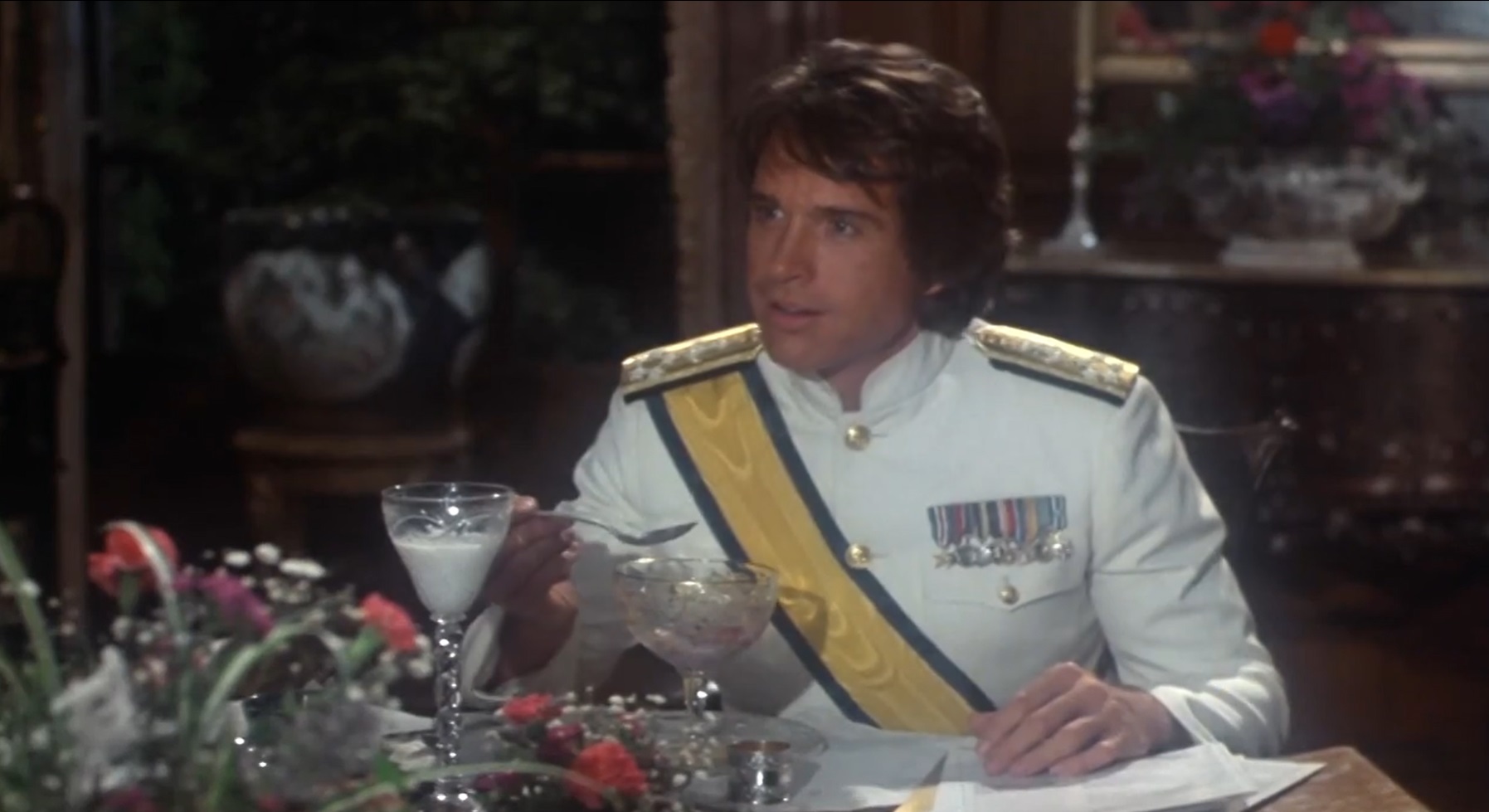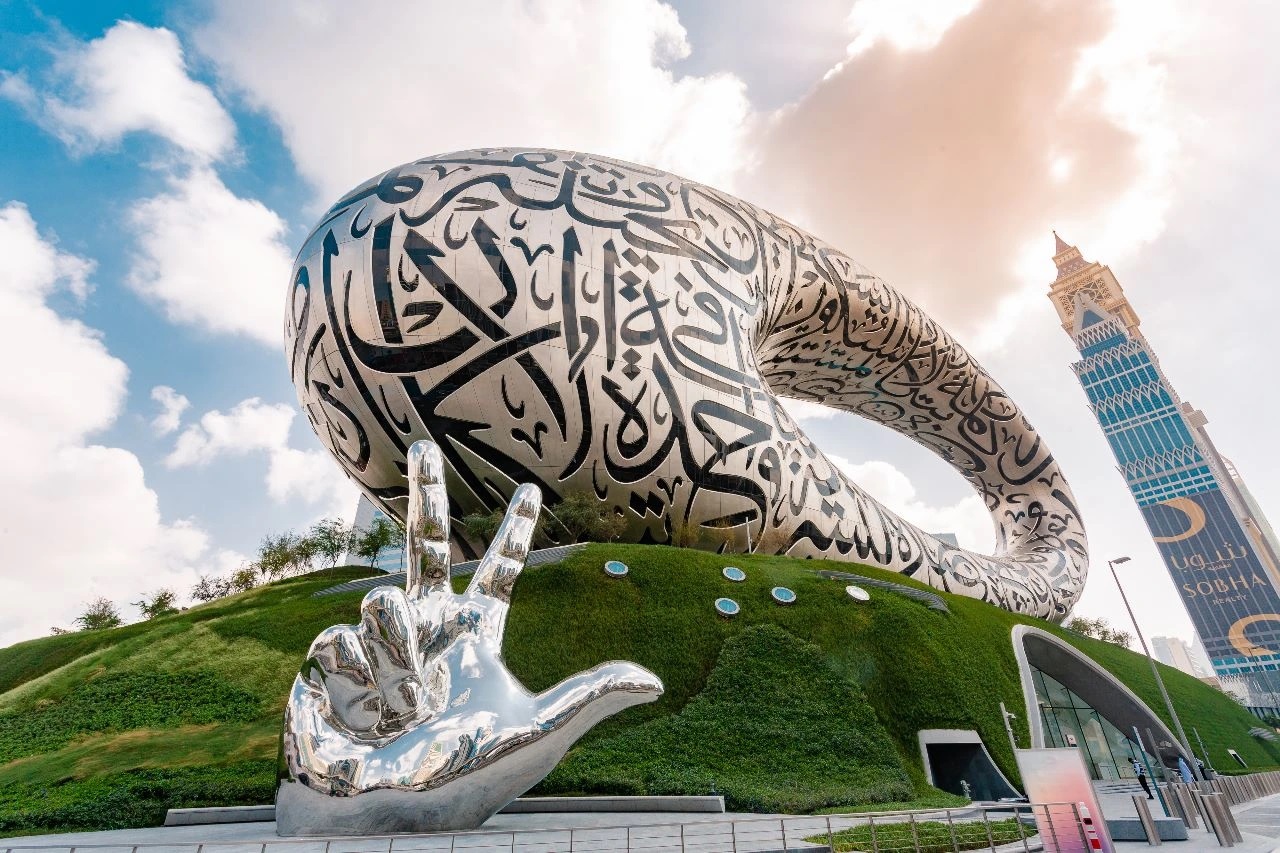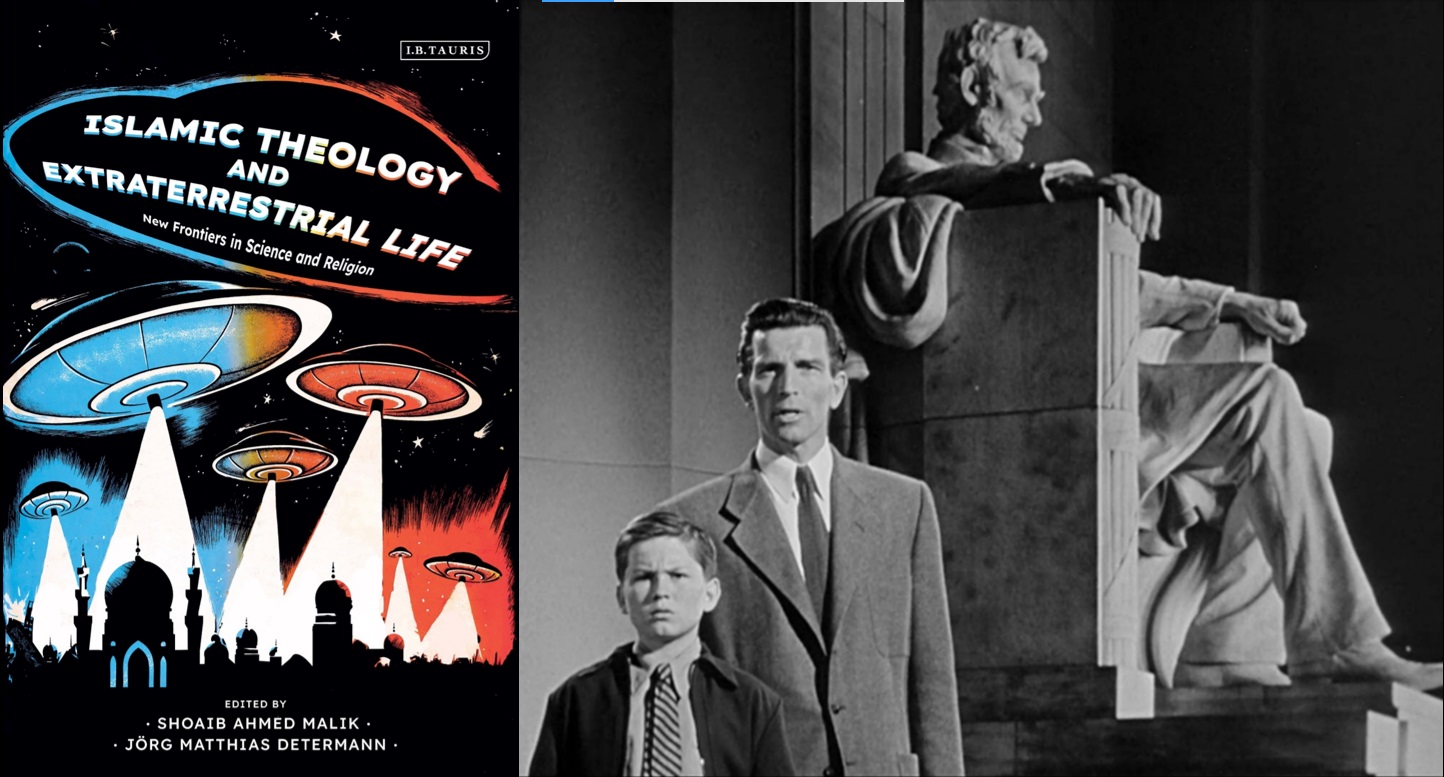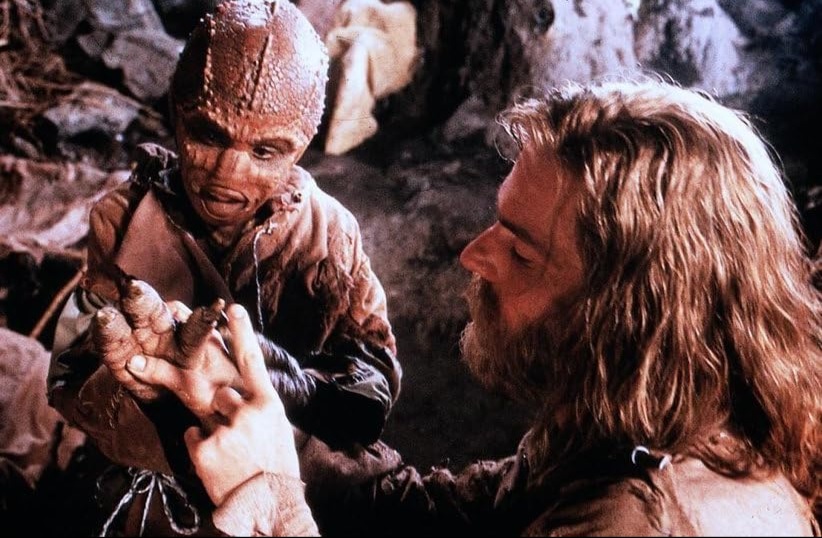
I dropped in unannounced at a conference at the Egyptian Writers’ Union on children’s literature and the future (8 February 2024). Dr. Heba Farouk was one of the sci-fi speakers and did one of the best papers at the conference.
By Emad Aysha
Dr Farouk is an Egyptian author with five anthologies and many cultural contributions, such as short story writing workshops for children (#ورشة_قصر_الحكايات) all over Egypt in schools, orphanages, and cultural institutions. Even in remote locations like Sinai, Nubia, and some of the villages in the Nile Delta. She has a master’s in Egyptian folklore and its relation to children’s stories and the environment, specifically Nubian stories.
Just as there is good imagination, there is also wrong. Do comic books and superheroes count as good or lousy fantasy?
“Let us say that every form of imagination given to a child through a book drives him to form a beneficial imagination in his mind. This is entirely separate from what knowledge is provided to the child to help shape his awareness or what is given to him regarding ethical role models through superheroes.
Drugs, by contrast, take the mind away with them to a world of illusions. A beautiful illustration of this comes with the author Ghada Al-Siman, writing an account of her own experience with drugs – Swimming in the Devil’s Lake (السباحة في بحيرة الشيطان). This is the central idea that made me divide between beneficial and harmful.
I focus on what can augment the child's personality, including science fiction. I want to help him become an average child and gradually become autonomous from the family and society, capable of making up his mind about things and challenging people with his thoughts. That comes from encouraging his imagination through multiple means, such as writing.
That’s what we do in our workshop: we get children to do their writing. In the process, they challenge themselves and realize what bothers them. From there, they devise their thoughts and challenge others with them. Confrontations call for help from the child to the adult to inform them of what is scaring the child.”
What about creating your own Arabic superheroes and comic books?
“Of course we can! It’s all about communicating our Arabic superhero to an international audience with all his characteristics and deeds.
You must find a way to make an Arab hero fly through the sky, but with an Arabic spirit, and utilize our old stock of imaginings as Arabs. The success of any superhero is grounded in difference. What is distinct will come from providing something different.”
Do you say that the great Sufi mystic Ibn Arabi advocated the imagination in Islamic history?
“Ibn Arabi is such a distinguished and known figure thanks to his Sufi writings and stances. I used him in my study to illustrate the Sufi view of the imagination as an exploratory power. I believe Sufism is a holistic imaginary vision unique to the individual. It’s as if they live with translucent worlds within their minds that others don’t see. And so they have an expanded consciousness that only a select few can attain, even within Sufi ranks, after giving up on worldly, mundane pursuits.
Contemplation is the essence of their lives, and they ponder everything from the universe and all living things to holy scriptures; everything ties them directly to the core, the essence of creation, or let us say, the Creator Himself.”
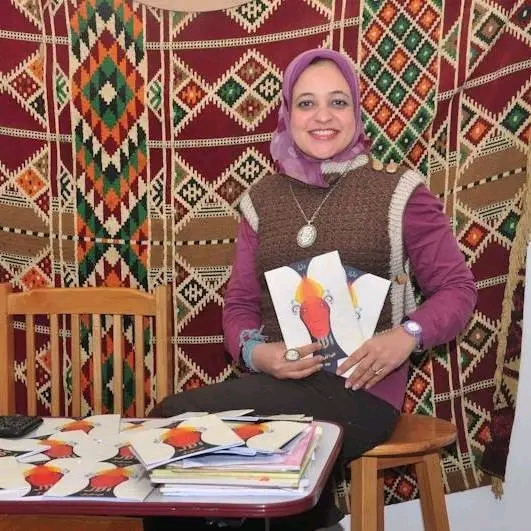
Is it true that pre-Islamic Arabic literature, poetry, and stories are not concerned with the imagination?
“Let’s begin with the core of my MA thesis, ‘The Influence of the Environment on the Imagination in Children’s Literature—The Stories of Zaynab Kutub as an Example.’ Significant imaginative constructions in Jahili poetry have always dazzled poetry lovers. Their imagination came from their environment, which had nothing but the camel and the desert, the moon and the stars, the harshness of war, etc.
Let me say that our ignorance of Arab SF writers is a direct result of the spotlight not being shined on them by cultural institutions; we don’t have regular awards for this flavor of writing, and there are scientific bodies that encourage SF. I’d say the responsibility and blame are equally shared between cultural and scientific institutions. For instance, why don’t they conduct workshops for children where they write something, while inside a laboratory during a scientific experiment?!
Today at the conference, several people complained that we must translate our books about children’s literature and education. How do you see that?
“I still say that the primary target of the author is his own community and those who speak his language. I agree. The issue at hand now is how to go global: by translating our works to other languages or by offering up what other nations are concerned with so the translation happens of its own accord without any input or direction from us.
For starters, I encourage translating our works into other languages so that the world can learn about us from our literature. However, I also consider that you must offer something different and original, not hollow imitations of what has already been written. That will guarantee mass coverage of your works and translation into multiple languages.
If your work ever departs from the spirit of your people and how different they are from others, then the other will not be interested in learning about you and your kind.”



